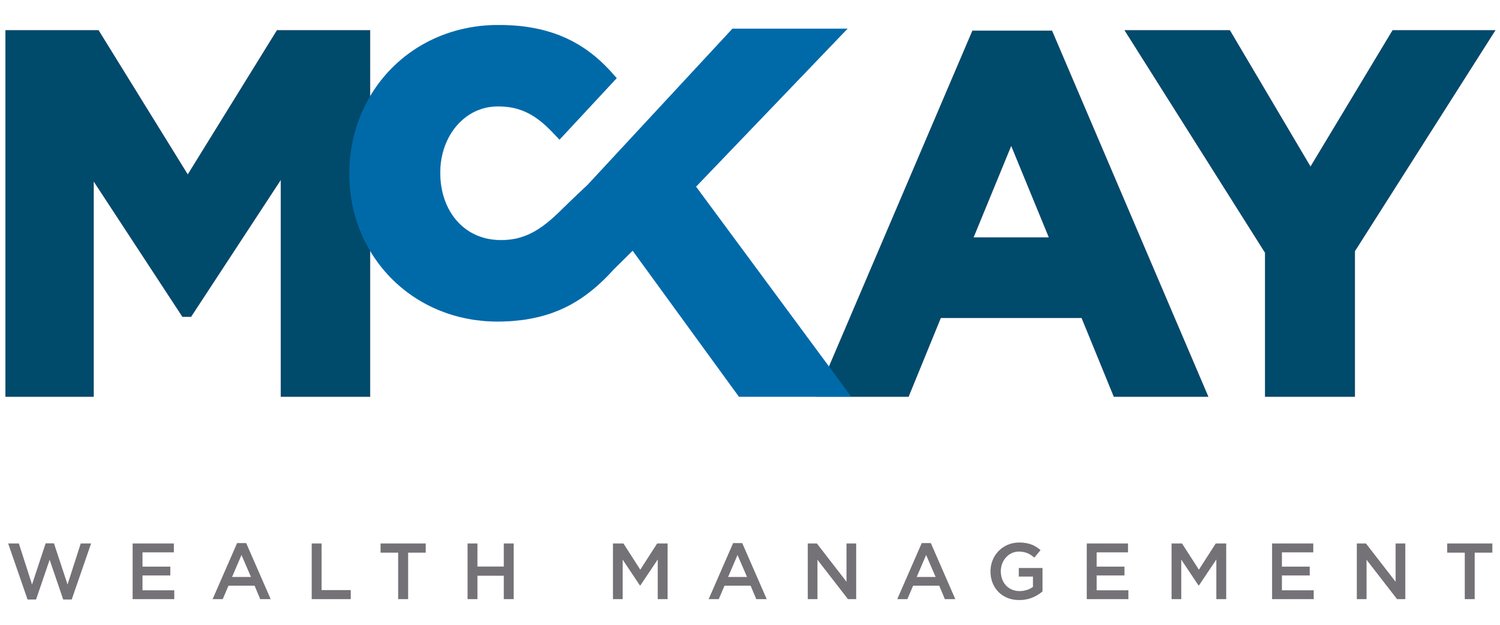Understanding Probate in Washington State
When it comes to discussions around estate planning, clients frequently ask if it is possible to avoid probate. Before determining if probate can be avoided, let’s begin by understanding what the probate process really is.
Probate is the legal process through which a deceased person's estate is administered and distributed. Here are the key aspects of probate:
Validation of the Will: The court confirms the validity of the deceased person's will, if one exists.
Appointment of Executor or Administrator: The court appoints an executor (if named in the will) or an administrator (if there is no will) to manage the estate.
Inventory of Assets: The executor or administrator compiles a detailed inventory of the deceased's assets.
Payment of Debts and Taxes: The estate's debts, taxes, and any expenses are paid from the estate's assets. This is includes a notice to creditors period.
Distribution of Assets: The remaining assets are distributed to the beneficiaries according to the will, or according to state intestacy laws if there is no will.
Court Oversight: The probate process is supervised by the court to ensure the proper handling of the estate.
Avoiding Probate
In Washington State, as in many other states, certain assets can bypass the probate process and transfer directly to beneficiaries upon death. These assets are known as non-probate assets. Here are some common types of non-probate assets:
Jointly Owned Property with Right of Survivorship: Property held jointly with another person (such as real estate, bank accounts, or other assets) with a right of survivorship automatically passes to the surviving joint owner upon death.
Beneficiary Designations: Assets that have designated beneficiaries, such as:
Life insurance policies
Retirement accounts (e.g., 401(k)s, IRAs)
Payable-on-death (POD) bank accounts
Transfer-on-death (TOD) investment accounts
Trust Assets: Property held in a trust, such as a living trust, is managed and distributed according to the terms of the trust and does not go through probate.
Community Property Agreements: In Washington, which is a community property state, spouses can create a community property agreement that allows all community property to pass to the surviving spouse without probate.
Small Estates: Washington has a small estate affidavit procedure that allows heirs to claim certain small estates without going through full probate. As of my last update, if the value of the decedent's personal property is under a specific threshold (currently $100,000), it can be collected by heirs using an affidavit after a waiting period.[1]
These non-probate assets can simplify the transfer of property and provide beneficiaries with quicker access to the decedent's assets. It is important to keep beneficiary designations and ownership structures up to date to ensure they align with your estate planning goals.
Conclusion
Understanding the probate process can help clients be more comfortable with their heirs needing to go through the process. When possible, bypassing probate can provide a more streamlined and less burdensome way to transfer property to your loved ones. Careful estate planning, including the use of trusts, joint ownership, beneficiary designations, and community property agreements, can ensure that your assets are managed and distributed according to your wishes while minimizing delays and expenses. It's crucial to review and update your estate planning documents regularly to ensure they reflect your current intentions and family circumstances. Consulting with an estate planning attorney will provide valuable guidance tailored to your specific needs and help ensure a smooth transition for your beneficiaries.
[1] WA State Legislature Chapter 11.62 RCW https://apps.leg.wa.gov/rcw/default.aspx?cite=11.62
For a comprehensive review of your personal situation, always consult with a tax or legal advisor. Neither Cetera Advisor Networks LLC nor any of its representatives may give legal or tax advice.
